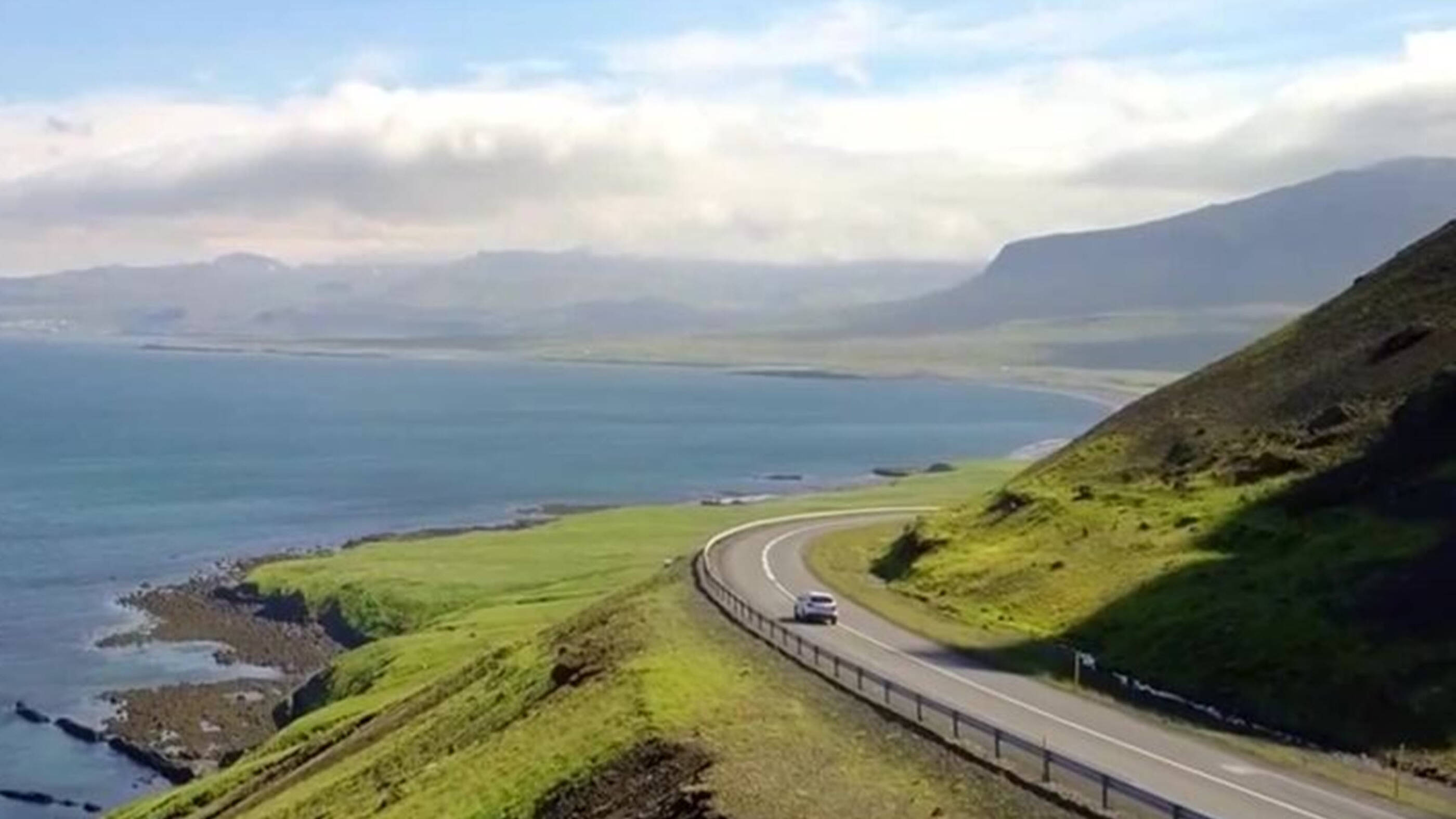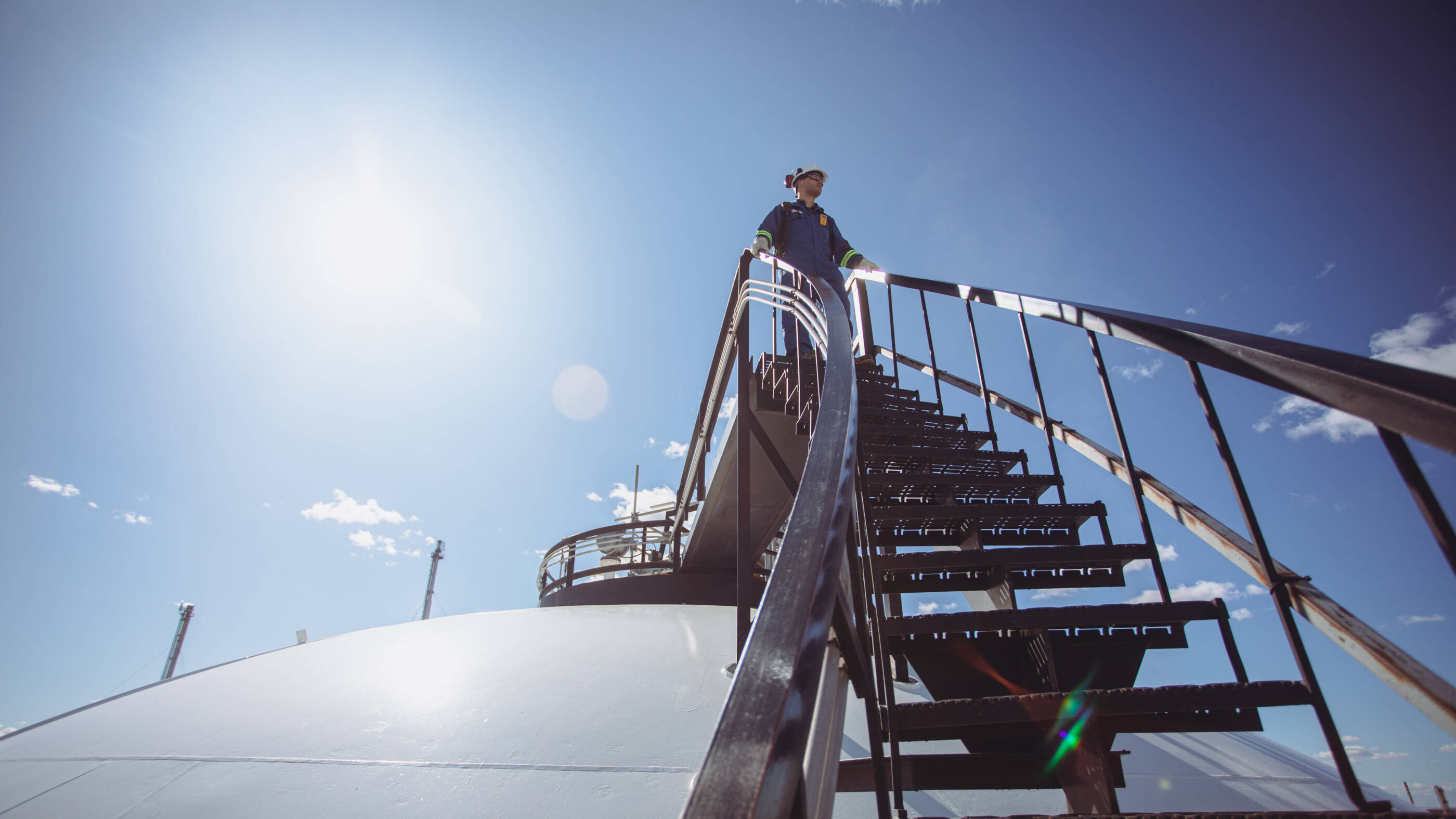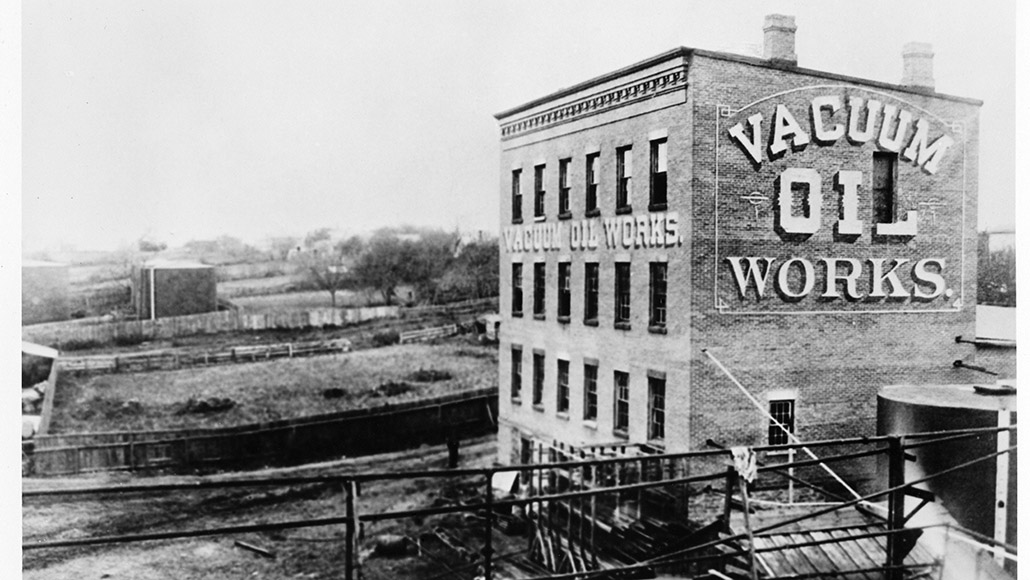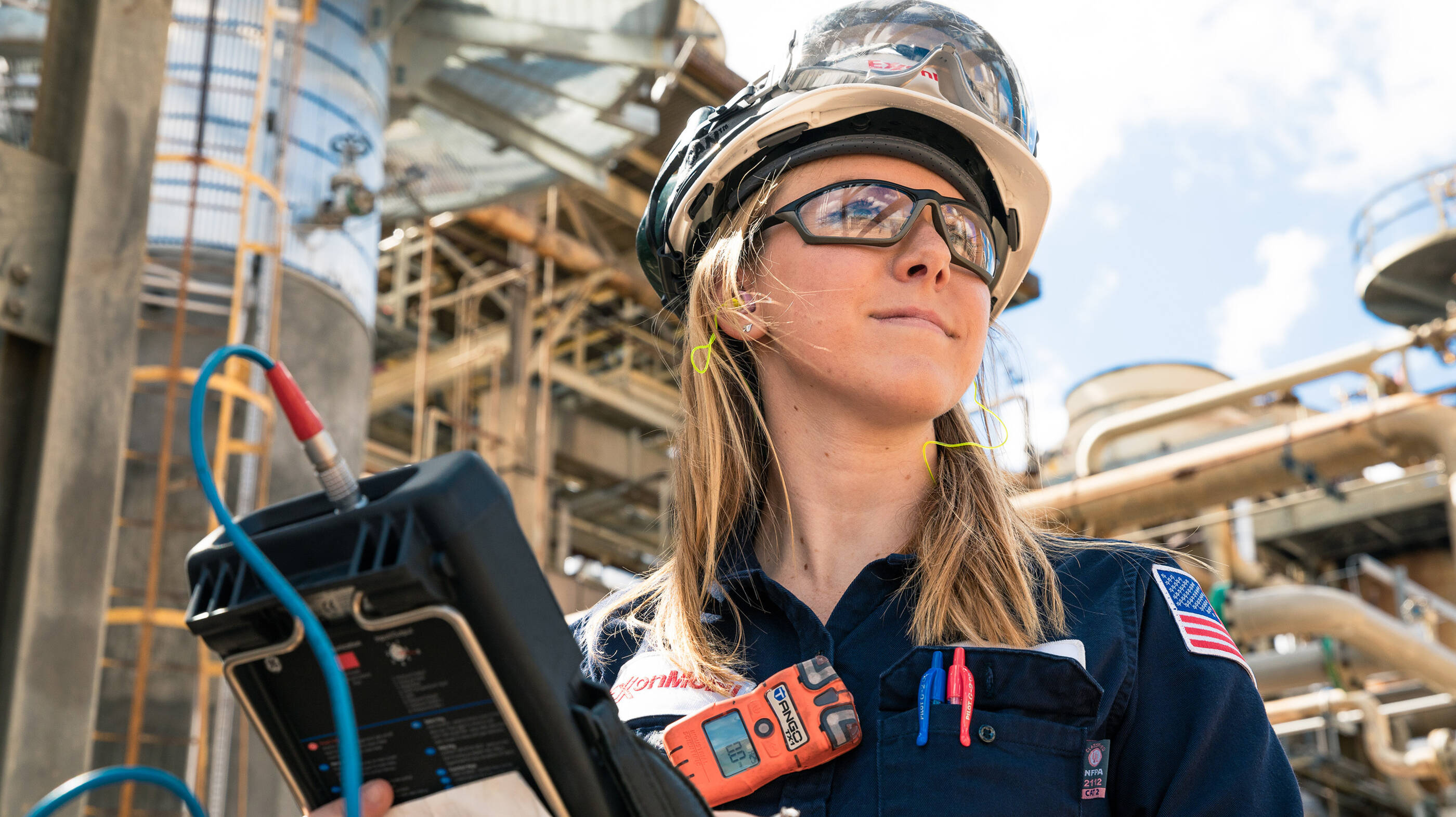Investing in communities
Supporting people and communities around the world
Our commitment
We’re committed to being a good corporate citizen, helping to improve society and quality of life where we operate around the world.
We work to protect the health, safety and security of our employees and the public, responsibly manage our socioeconomic impacts and uphold respect for human rights in all of our operations. We strive to collaborate with all stakeholders, including suppliers, customers and our workforce, to help enhance the benefits of our business to local communities.
Our investments in local communities play a key role in meeting our commitments.
Latest news and information
"We’re passionate about using our resources to help address community needs where we operate around the world."
Supporting communities
Local investments, focused on economic and educational benefits, are one of the key ways we support communities in which we operate. We work closely with local communities to understand their unique needs, identify and help contribute to long-term, positive local economic and social development, and support effective risk management. The areas below are important parts of our broader approach to supporting communities.
-
Managing socioeconomic impacts
The key socioeconomic elements of our integrated approach include: identification and assessment of potential impacts and benefits; human rights; community engagement and grievance management; community health, safety and security; local economic development; land use, resettlement and livelihood restoration; cultural heritage; and Indigenous peoples.
-
Owner relations
We are committed to providing quality service to our interest owners. This webpage provides information related to your interest owner account. Additionally, our Interest Owner Relations Group is dedicated to addressing your inquiries. We invite you to utilize the online system, or contact us if you have any questions regarding your interest owner account.
Follow us for more about our global giving and STEM education efforts.
LinkedIn
Instagram
Who we are
Explore more

Our approach

Publications

Our history











